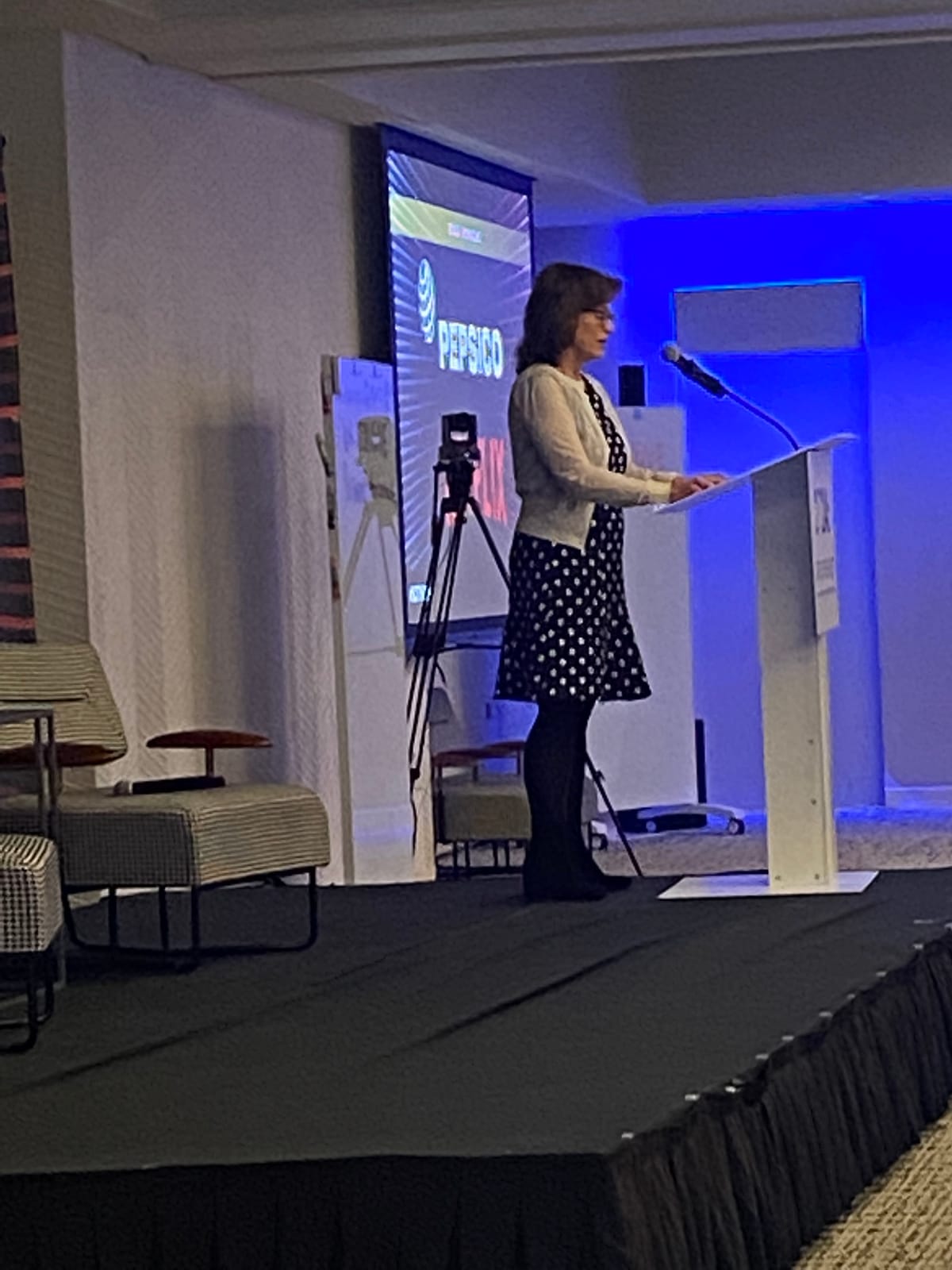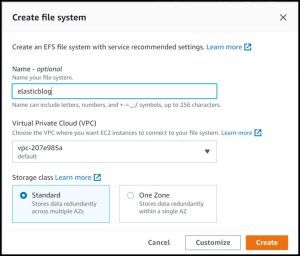
Digital Inclusion
Anna Gomez outlines why ending the ACP will be disastrous for low-income and rural families.
 Anna Gomez touts the benefits of the Affordable Connectivity Program during the 2024 State of the Net
Anna Gomez touts the benefits of the Affordable Connectivity Program during the 2024 State of the Net
WASHINGTON, February 12, 2024 – Federal Communications Commissioner Anna Gomez made an impassioned argument on the merits of saving the Affordable Connectivity Program during a keynote speech on Monday’s State of the Net Event.
The ACP provides broadband subsidies of $30 a month for low-income families and $75 a month for families in tribal communities. ACP beneficiaries also receive a one-time $100 discount for a desktop, laptop, or tablet.
Congress initially passed the ACP in December 2021 and furnished it with $14.2 billion in funding. On February 7, 2024 the program stopped taking applications and it is expected to stop distributing funds in April.
Gomez, lamenting that she could not take a “victory lap” over helping to save the ACP from its impending demise, outlined her case for extending the program. Gomez praised the ACP as the “most successful tool ever” in regards to closing the digital divide, touting its ability to help economically-disadvantaged families receive internet access. She mentioned that 4 million senior households benefit from the ACP and nearly half of ACP recipients are military families.
The commissioner argued that ending the ACP would harm the country’s growth and put the “future of the economy” in doubt. She said that the program has been a “game changer” for small business owners and entrepreneurs who previously did not have internet access. Businesses will have a harder time connecting with qualified applicants, because those applicants may not have reliable internet access without the ACP, Gomez stated.
Gomez also suggested that ending the ACP could have adverse health consequences for low-income and rural people. The commissioner mentioned that many of the ACP’s beneficiaries are on medicaid and could lose access to telehealth services.
Telehealth visits can save patients an average between $147 to $187 per visit, according to a study by the National Cancer Institute. These savings are reaped through eliminating travel costs and eliminating potential lost wages from missing work.
The commissioner underlined the importance of broadband access for improving a community’s quality, pointing to studies that show expanding broadband networks correlates with job growth, population growth, lower unemployment, and higher property values. She brushed off criticism of the program’s price tag, mentioning a study which showed the economic benefits of broadband expansion were worth three to four times their costs.
Lawmakers scrambled to advance legislation to provide additional funding to the ACP. In Janurary, Sen. J.D. Vance, R-Ohio, and Sen. Peter Welch, D-Vermont cosponsored a bill which would provide $7 billion to keep the ACP running. In a statement, Welch emphasized that high-speed internet access should be considered a “necessity” for modern living. Vance agreed, saying that low-income families deserve affordable access to the internet.


